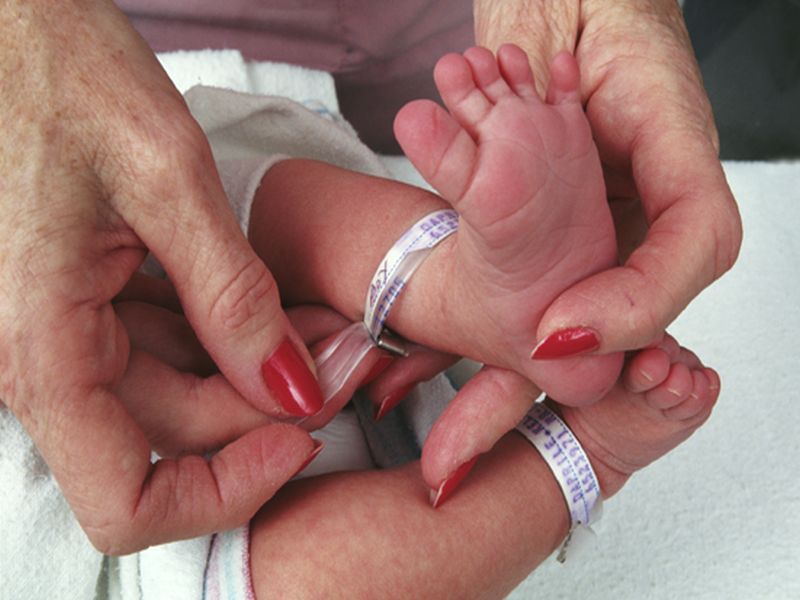
Monday, December 28, 2015


MONDAY, Dec. 28, 2015 (HealthDay News) -- Babies born very prematurely are at higher risk for developing autism spectrum disorder, a new study suggests.
Researchers found differences in the brains of babies born before 27 weeks' gestation who were later diagnosed with the disorder, commonly known as autism.
Autism is usually linked with genetic factors, but the study's authors suggested birth weight and complications can increase children's risk for the condition.
"Our study shows that environmental factors can also cause autism," study co-author Ulrika Aden said in a news release from Karolinska University Hospital in Sweden, where she is a neonatologist. She is also a researcher in the department of women's and children's health at Karolinska Institute.
"We were surprised by how many -- almost 30 percent -- of the extremely preterm-born children had developed ASD [autism spectrum disorder] symptoms," said Aden. "Amongst children born after full-term pregnancy, the corresponding figure is 1 percent."
Aden explained that the brain grows best in the womb, and premature birth can disrupt the organization of cerebral networks.
"With new therapeutic regimes to stimulate the development of such babies and avoid stress, maybe we can reduce the risk of their developing ASD," she added.
Advances in neonatal intensive care have improved survival rates among extremely preterm babies. Infants born more than 13 weeks early, however, are at greater risk for brain damage, autism, attention-deficit hyperactivity disorder (ADHD) and learning problems. Their brains are exposed to many stressors during a critical stage of development, which could play a role in the onset of autism, the researchers said.
To investigate this issue, the researchers used MRI scans to analyze the brain growth of more than 100 infants born before the start of the third trimester. Once the children turned 6, they were also screened for symptoms of autism.
The children who developed autism were more likely to have experienced complications or had surgery shortly after birth, the study published Dec. 21 in the journal Cerebral Cortex found.
Long before the children were diagnosed, however, researchers observed reduced growth of parts of their brains involved in social contact, empathy and language acquisition. They noted these functions are often impaired in children with autism.
SOURCE: Karolinska Institute, news release, Dec. 21, 2015
HealthDay
Copyright (c) 2015 HealthDay. All rights reserved.
- More Health News on:
- Autism Spectrum Disorder
- Premature Babies









































No hay comentarios:
Publicar un comentario